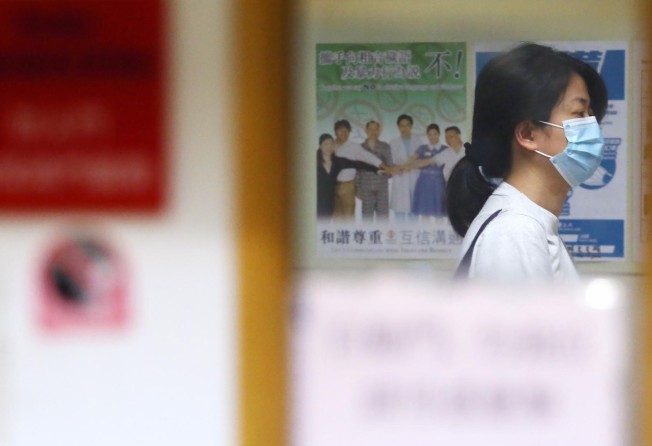Was the decision to halt liver transplant surgery in Hong Kong ethically sound or a violation of patient and family rights?
Shekhar Kumta questions whether the family of a seriously ill man who was denied a donor liver that carried a very small risk of cancer was able to make an informed choice

Last week, a surgical team at Queen Mary Hospital halted a liver transplant operation midway after a cancerous tumour was discovered in the donor's kidney. The decision was ethically questionable. The explanation that proceeding with the surgery would have deprived the patient of the chance of a "better liver" in the near future is unpersuasive.
The donor was discovered to have a renal carcinoma - a 1.5cm tumour was found at the time of harvesting the kidney for transplantation to another recipient.
The risk that this tumour might have spread to the donor's other organs is real but extremely small, given the size of the tumour in the kidney. To discard a perfectly healthy liver that a patient desperately needed for survival and to abandon a liver transplant procedure halfway through - exposing the patient to an immediate risk of dying - in the hope that he might be able to get a "better" donor liver later does not make clinical sense.
Continuing with the transplant could have saved the patient's life even though there was a theoretical possibility that he might develop metastatic cancer in the liver in the future.
The reasoning put forward by Queen Mary Hospital is analogous to telling a patient: "I can save your life immediately with a drug but I would rather not do so, because it might cause serious side effects sometime in the future." The patient's likely reaction is easy to imagine.
A patient requiring a liver transplant must have seriously degraded liver function. The trauma of major surgery adds further metabolic stress.
The decision by the Queen Mary Hospital team is likely to have violated the four cardinal principles underpinning the foundations of medical ethics - namely autonomy, beneficence, non-maleficence (that is, to do no harm) and justice.
Were the family members consulted before the transplant procedure was abandoned? Was this an "informed decision" in which the family members could weigh and balance the probabilities of the patient dying early without a liver and that of dying later because of a possible risk of developing a cancer sometime in the future? Was this decision in the best interest of the patient? Obviously not, as his condition has deteriorated significantly.
Likewise, the decision by the Prince of Wales doctors, who discovered the tumour while harvesting the kidney for transplant, to abandon the still functioning donor kidney also raises ethical questions. Small tumours of the kidney can be cut out without sacrificing the kidney. Such a procedure could have been done on the donor kidney and the precious organ implanted after informed consent.
Patient-centred care must be the defining dimension of good health care, on top of other dimensions such as safety and efficacy, and autonomy is the key aspect that defines respect for persons. Autonomy requires doctors to be honest and transparent with patients so that they can make informed choices. In both instances, patient autonomy may have been disregarded.
Paternalism is rife in medical decision-making - the view of "the doctor knows best; leave it to us" often results in the doctor making decisions without the full informed consent of the patient or their family.
One appreciates the difficulty of making quick decisions at odd hours, and with limited information. Nonetheless, the discussion about how doctors make potentially life-threatening decisions must enter the public space as the general public have a right to know.
Donated organs are a precious resource that rightly belongs to the community and all the doctors involved in this saga owe the family and the Hong Kong community a better explanation as to why a perfectly functional liver was abandoned at the risk of the potential recipient's life.
Professor Shekhar Kumta is an orthopaedic onco-surgeon at the Prince of Wales Hospital and executive director of the Centre for Bioethics at the Chinese University of Hong Kong. The opinions expressed in this article are the author's own